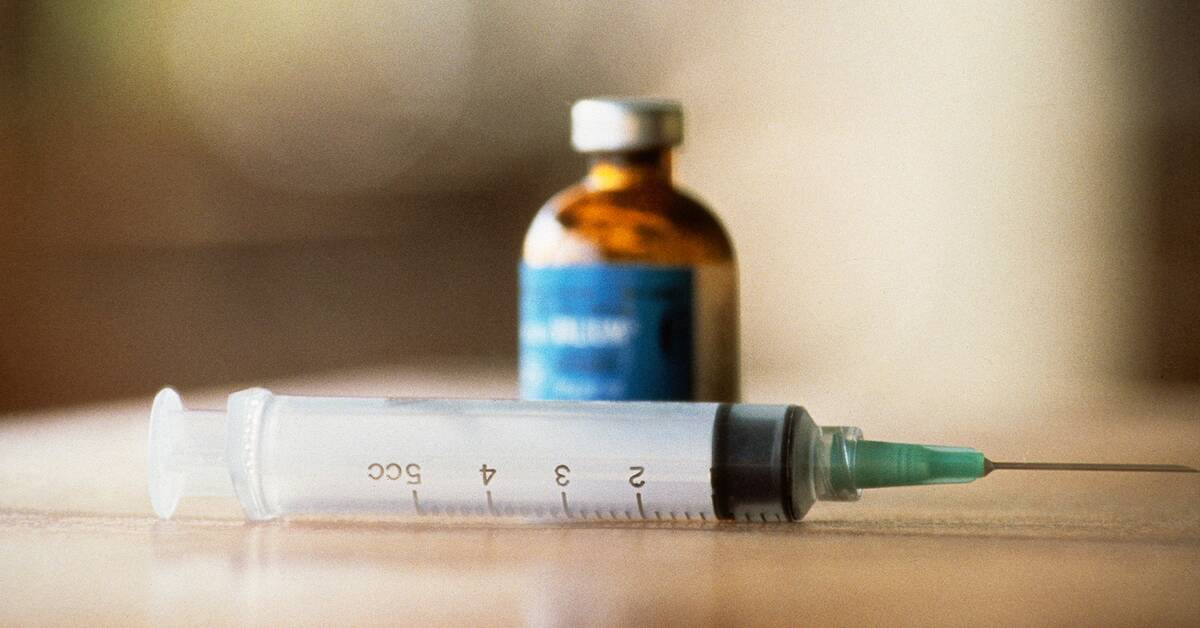• On March 4, 2018, Russian ex-agent Sergei Skripal and his daughter Julia Skripal were poisoned in Salisbury, UK.
• The Russian opposition activist Vladimir Kara-Murza suspected that he had been subjected to poisoning attempts in 2015 and 2017. A German laboratory has found elevated values of various dangerous substances in him.
• The defecting Russian KGB agent Alexander Litvinenko, a vocal critic of Russian President Vladimir Putin, was assassinated on the radioactive substance polonium in London in 2006.
• The substance was found in a cup of tea Litvinenko drank in a hotel.
On the day six years before he was poisoned, Litvinenko had fled to Britain.
• Businessman Alexander Perepilitny died outside his home outside London after a jogging trip in November 2012. He had sought refuge in the UK in 2009 after aiding a Swiss investigation into a huge Russian money laundering scandal.
• The police first ruled out a crime, but a second investigation found remnants of a very unusual but deadly plant poison in his stomach.
• Ukraine's then-opposition leader, pro-Western politician Viktor Yushchenko, suffered a mysterious illness during the 2004 presidential election campaign that severely scarred his face.
• Kim Jong-Nam, half-brother of North Korean leader Kim Jong-Un, was assassinated at Kuala Lumpur airport in February 2017. A cloth with the neurotoxin VX pressed against his face while he was waiting for a flight and he died within 20 minutes.
• At the time of his death, Kim Jong-Nam had long had no contact with his brother and lived in exile in Malaysia where he sometimes criticized the government in his home country.
• His body was found to contain 1,000 times higher levels of the toxic dioxin than normal and several operations followed.
He himself says that he was poisoned during a dinner where high representatives of the security service were present.
• In 1978, the Bulgarian opposition writer and journalist Georgi Markov, who fled to the West in 1969, was stabbed with a poisoned umbrella on the Waterloo Bridge in London.
Markov died later.
The poison is believed to have been ricin and according to dissidents, Bulgaria ordered the assassination of the Soviet security service KGB.

